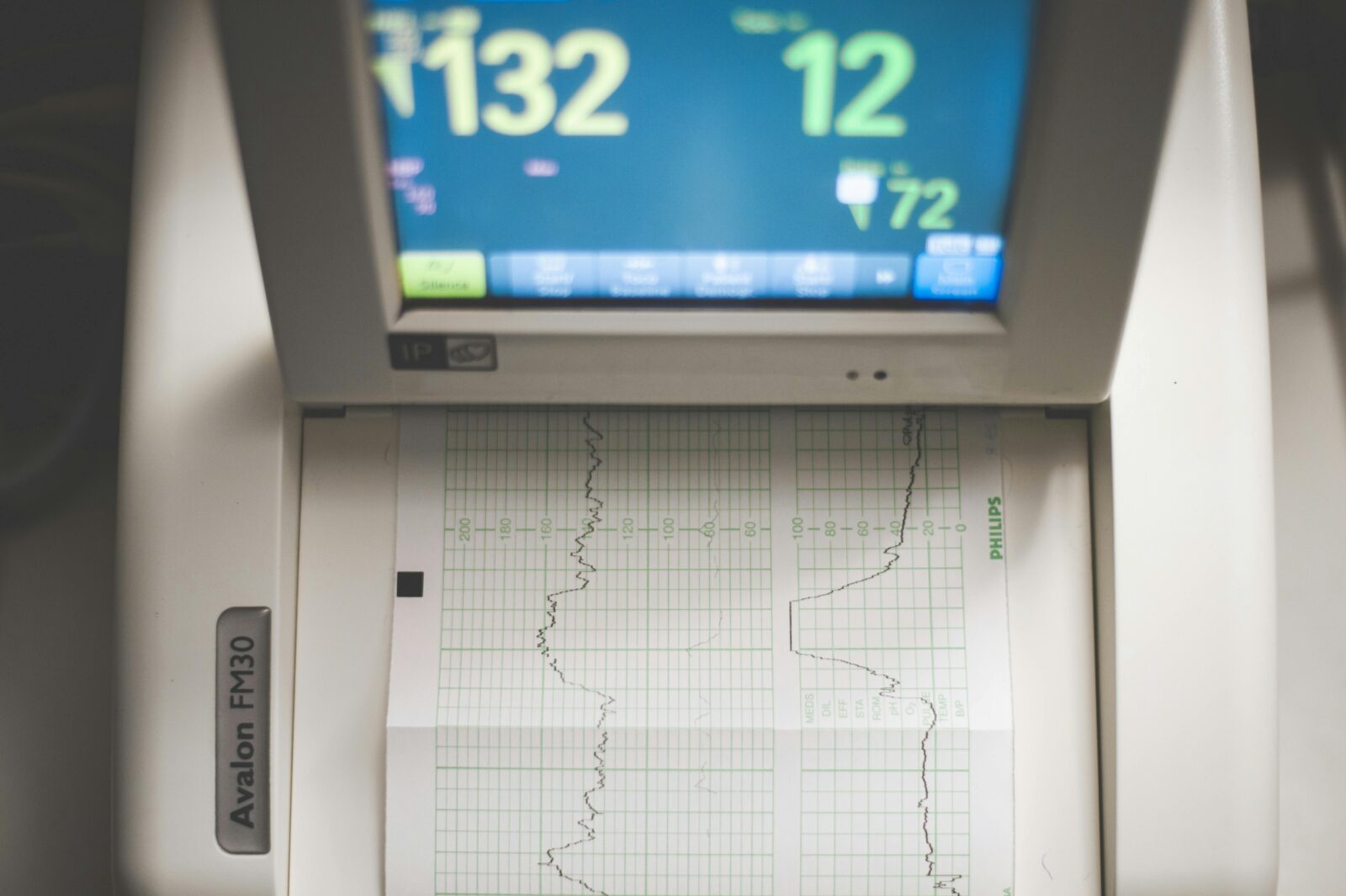
A heart rhythm, also known as an arrhythmia, is when the heart beats abnormally. This can be too quickly, too slowly, or irregularly. This can lead to symptoms like dizziness, fatigue, chest pain, palpitations, or fainting. Certain arrhythmias can be serious and increase chances of heart complications.
If you think or know you have an arrhythmia, our expert team at Coastal Cardiovascular is here to help! We offer advanced, personalized care and state-of-the-art technology to diagnose, manage, and treat heart rhythm disorders.
Arrhythmias occur when the electric signals that regulate your heartbeat get disrupted, altering the speed/frequency of your heart beat.
Common arrhythmias include:
Early, expert diagnosis of heart rhythm disorders is imperative to reduce risk and create a strong treatment plan. At Coastal Cardiovascular in Wilmington, NC, we can catch and monitor arrhythmias using the following:
A holter monitor is a portable device that continuously records your heart’s electrical activity for 1-2 days. This non-invasive monitoring allows us to listen and detect arrhythmias that may occur as you go about your day. This data is very valuable to identifying heart rhythms, frequency, and any potential triggers.
Holter monitors are a great test for patients that experience occasional symptoms that may not occur while you’re actually in the office.
Event monitors are similar to holter monitors but they’re worn for a longer period of time, up to 1 month. Event monitors record your heart’s electrical activity when triggered by symptoms. This is especially useful for patients whose arrhythmias are less frequent and difficult to capture within 24-48 hours.
Event monitors are a great test for patients that experience sporadic, often infrequent symptoms like fainting.
Implantable loop recorders are small devices that get surgically placed in your chest. They continuously monitor your heart’s rhythm for up to 3 years. Implantable loop recorders are ideal for whose arrhythmias may be harder to diagnose externally and within 1 month.
Implantable loop recorders are a great test for patients with unexplained symptoms that occur very infrequently and require long-term monitoring to capture valuable data.
Once we use the above tools to identify and properly diagnose your arrhythmias, we’ll craft a tailored treatment plan. Your plan will depend on the arrhythmia type, severity, triggers, and symptoms.
Your treatment plan may include:
Ready to take the next steps in your heart health journey? We’re accepting new patients and can’t wait to meet you!